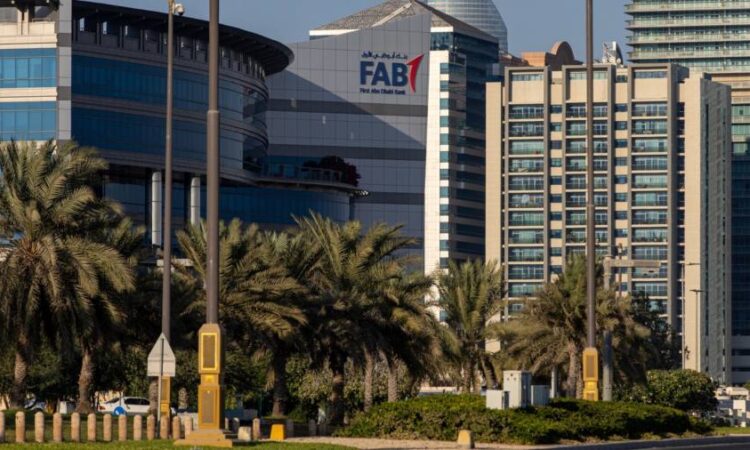
First Abu Dhabi Bank said on Thursday that it had considered a potential bid for Standard Chartered, but was no longer interested in acquiring the emerging markets lender.
FAB “had previously been at the very early stages of evaluating a possible offer for Standard Chartered” but was “no longer doing so,” it said in a regulatory statement.
The merger of one of the Middle East’s largest banks with StanChart would have created a lender with more than $1tn in assets.
StanChart’s shares initially jumped 20 per cent after a Bloomberg report that a deal was being explored, but that gain was pared to 7 per cent after the Abu Dhabi bank said it had ended its pursuit.
The UK-based bank — which operates in 59 markets across Asia, Africa and the Middle East — has struggled for years with falling revenues and ultra-low interest rates and has been caught in geopolitical tensions between the US and China.
StanChart has been run by former JPMorgan executive Bill Winters since June 2015 and has been perennially rumoured as a takeover target, including for Barclays in 2018.
Winters inherited a bank in crisis after a rapid, unchecked expansion across emerging markets under his predecessors resulted in years of steep loan losses and falling revenues.
He was forced to dramatically shrink the balance sheet and rein in risk taking and has since faced an uphill challenge to restore income growth and profitability.
Recent interest rate rises have brightened the outlook and improved performance, as has the end of “zero-Covid” restrictions in its key markets of Hong Kong and mainland China.
However, the shares remain depressed and have plunged more than a third during Winter’s tenure. StanChart trades at a 60 per cent discount to the book value of its assets, leaving it with a market capitalisation of about £20bn.
By contrast, banks and investment funds in the Middle East have been buoyed by rising energy prices and are looking for international opportunities to deploy their cash reserves and diversify their economies from oil.
Saudi National Bank recently agreed to buy a 9.9 per cent stake in Credit Suisse after a series of crises left the Swiss lender needing a capital injection at a depressed valuation.
Whilst FAB’s market value is much higher than StanChart’s at $52bn, the UK lender has more than double the assets with a balance sheet of $864bn versus $312bn.
Any deal would also have been complicated from a regulatory standpoint considering the number of jurisdictions StanChart operates in including the UK, Hong Kong, Singapore and India.
According to UK takeover rules, after formally ending its interest FAB may not make another offer for six months unless a rival bidder emerges.
StanChart’s largest shareholder is Singapore’s state-owned investment fund Temasek with a 16 per cent stake. Abu Dhabi sovereign wealth fund Mubadala owns around half of FAB, which was formed in 2016 when the country combined its two largest lenders, National Bank of Abu Dhabi and First Gulf Bank.
FAB has in recent years eyed expansion beyond the UAE, especially into investment banking.
Last year, the lender made a bid for a controlling stake in Egyptian investment bank EFG Hermes but withdrew the offer, citing uncertain market conditions. The bank is chaired by Sheikh Tahnoon bin Zayed al-Nahyan, who is also the UAE’s national security adviser, and the chief executive is Hana Al Rostamani.





